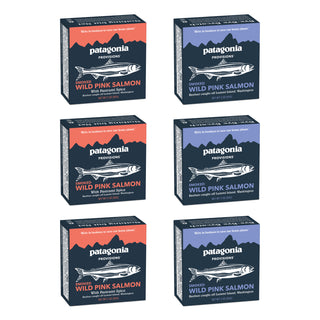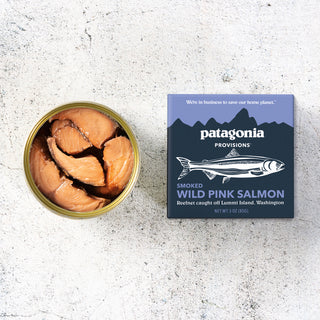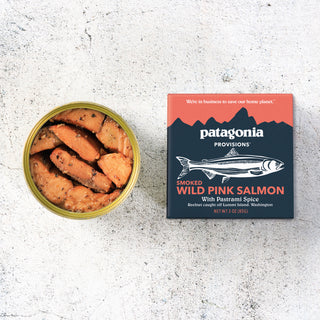In a word, yes. Mussels are impressive but often overlooked nuggets of nutrition, full of low-calorie protein and key vitamins and minerals. What’s more, they deliver these nutrients while being good for the planet and absolutely delicious. Let’s take a quick dive into their health benefits.
Mussels + Protein
Your skin, cartilage, muscles, immune system and metabolism all rely on protein to function. Just one 120-gram serving of mussels provides 29 grams of protein, more than a third of the recommended daily allowance. That protein, by the way, is high quality, with all nine essential amino acids (particularly important for people who have reduced or eliminated other animal-based foods from their diet). Meanwhile, mussels have a much smaller carbon footprint than land-based protein sources, and as filter feeders, they naturally improve the quality of the waters around them.

Micronutrients in Mussels
Nutritionists laud mussels for a trifecta of nutrients—vitamin B-12, iron, and omega-3 fatty acids—which can be hard to get if you’re excluding meat and animal products from your diet. One 120-gram can of mussels packs 23 micrograms of B-12 — an astounding 980% of the recommended daily allowance — and 4 milligrams of iron (the recommended daily amount varies depending on age and gender). That single-serving can also contains up to 1100 mg of omega-3 fatty acids — particularly the beneficial long-chain types known as EPA and DHA.
What Are the Health Benefits of Eating Mussels?
The nutrients in mussels pay off with a long list of health benefits. Vitamin B-12 helps keep blood and nerve cells healthy and produces energy from fats and proteins. The anti-inflammatory properties of omega-3 fatty acids are still being studied, but experts widely agree that they help reduce the risk of heart disease. And iron is vital to making red blood cells, which carry oxygen around the body, keeping your energy up.
Are Mussels Fattening?
Nope. A 120-gram serving of mussels has only 103 calories, compared to 240 calories for a quarter-pound beef patty. Also, mussels are low fat, and while they do contain cholesterol, it’s monounsaturated, which can actually help lower blood cholesterol. “We now know that overeating saturated fat and sugar is what leads to increased blood cholesterol," says Tara DelloIacono-Thies, RDN, owner of Summit Nutrition Strategy consulting.
Are Fresh Mussels More Nutritious than Canned Mussels?
Preserved at the peak of freshness, canned mussels contain the same nutrients and boast the same health benefits as fresh mussels, with the added bonus of convenience (it’s easy to pop open a can mid-hike or toss into pasta or a salad for a nutrient boost). Choose mussels packed in extra-virgin olive oil, a healthy monounsaturated fat. Mussels naturally contain sodium, which is only a concern if you’re on a sodium-restricted diet; if that's the case, check the nutrition panel on the package so you don’t exceed your daily allowance.

Eat More Mussels
Steam ‘em up if they’re fresh, or crack open a fully cooked and seasoned can of mussels to save time. Eat canned mussels straight from the tin or use in pastas, chowder and other easy recipes—all waiting for you on our seafood recipe page.
Note: The suggestions here have been reviewed by Tara DelloIacono-Thies, a registered dietitian nutritionist (RDN). However, they should be used for general educational purposes only and not interpreted as customized medical advice or care. Always seek the guidance of a doctor or other qualified health provider to figure out what’s best for you.











